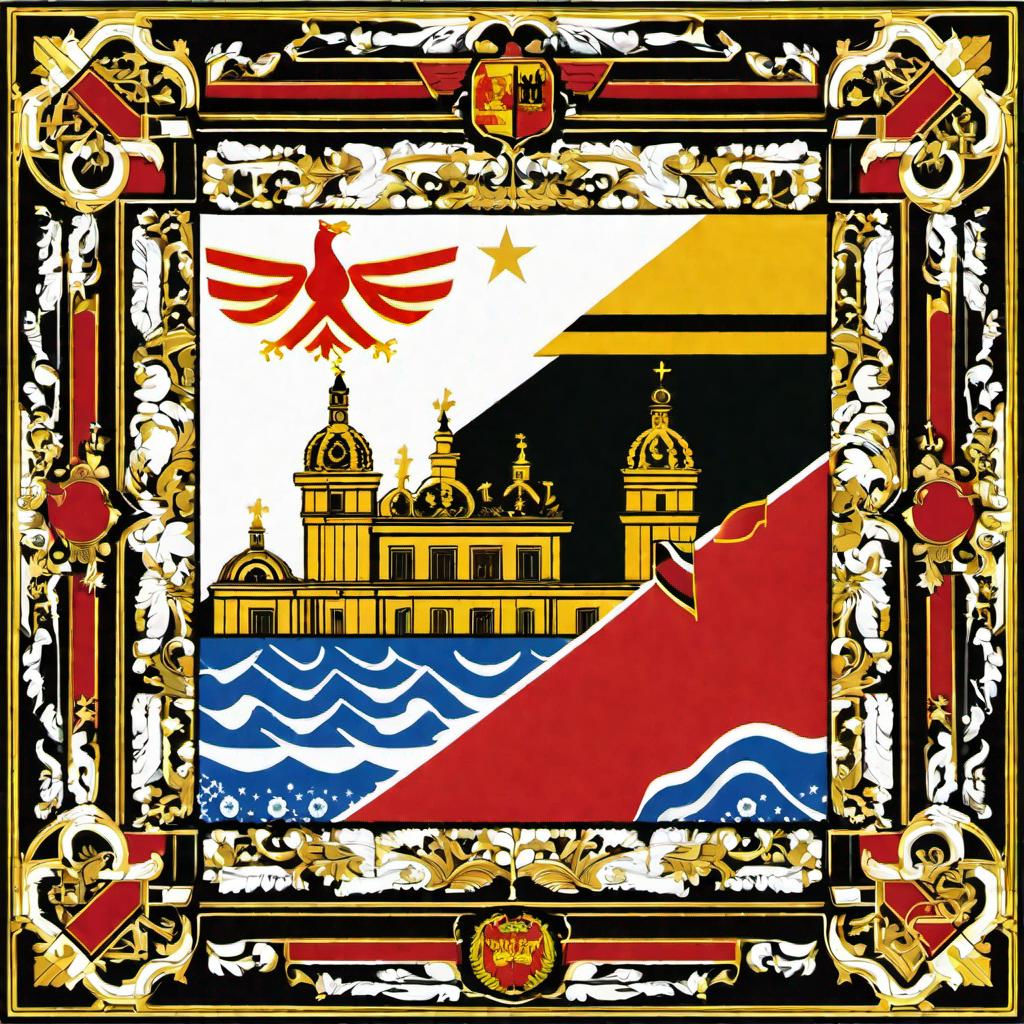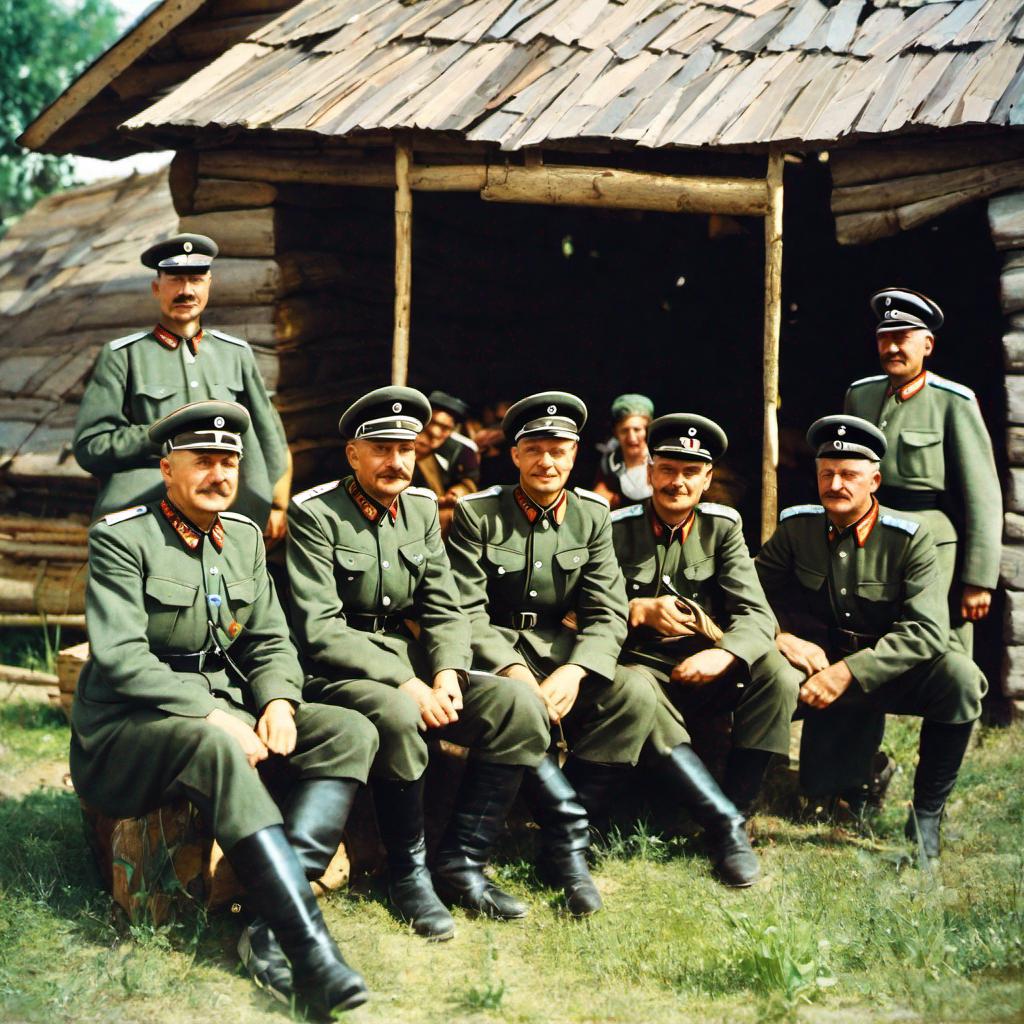The Volga German Republic: A Brief Glimpse of Autonomy under Communism
In the vast expanse of the Soviet Union, the Volga German Autonomous Soviet Socialist Republic stands out as a unique chapter in the story of the Volga Germans. Established in 1924, this entity was a nod to the Volga Germans' distinct identity and a reflection of Soviet nationalities policy.
The birth of this republic can be traced back to the Bolshevik Revolution of 1917. The new communist government aimed to address the aspirations of various ethnic groups by granting them territorial autonomies. This approach was seen as a means to garner support and integrate diverse populations into the Soviet fold.

The Volga German ASSR was located in what is now southwestern Russia. With its capital in Engels, the republic became a beacon of German culture, language, and education within the Soviet Union. Schools taught in German, newspapers were published in the language, and the administration was primarily in the hands of ethnic Germans.
However, as with many Soviet policies, the reality on the ground was a mix of genuine autonomy and centralized control. While the republic did experience a cultural revival, it was also subjected to the broader Soviet policies of collectivization and industrialization, often leading to tension and resistance.

The life of the Volga German Republic was tragically cut short. The tides turned drastically in 1941 when Hitler invaded the Soviet Union. Amidst fears of collaboration with Nazi Germany, Stalin ordered the deportation of the Volga Germans. In a span of just a few days, the entire population was relocated to Siberia and Central Asia. As a result, the Volga German ASSR was dissolved.
The legacy of the Volga German Republic is one of both pride and pain for the descendants of the Volga Germans. While it represents a brief period of cultural renaissance and political autonomy, its abrupt end signifies the fragility of such gains in the face of broader geopolitical dynamics.
Today, the memory of the Volga German ASSR serves as a reminder of the complexities of identity, politics, and history within the larger Soviet narrative. It underscores the Volga Germans' quest for a homeland and their resilience in preserving their heritage against all odds.